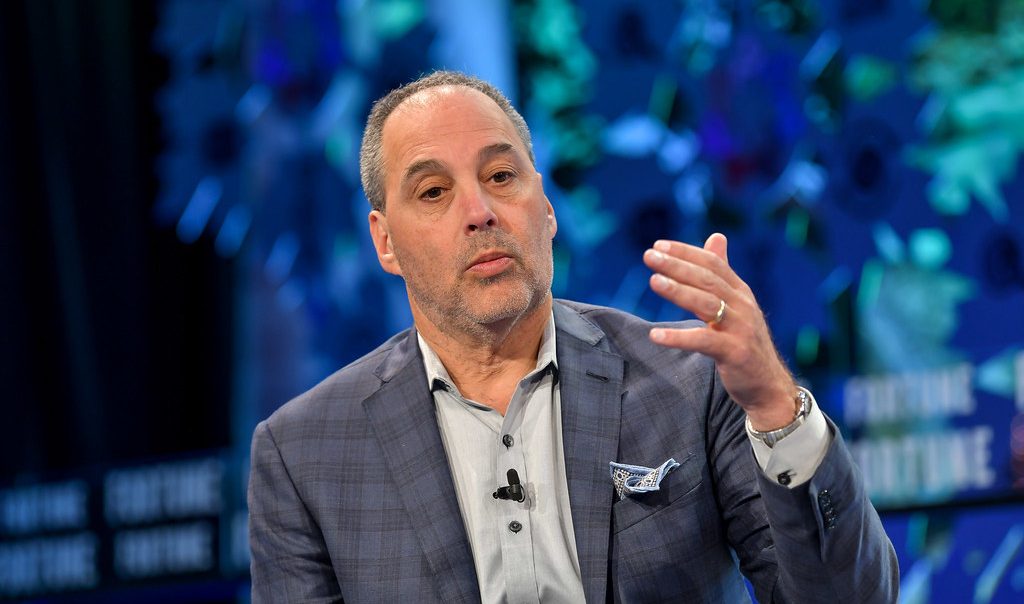
Articles
Industry News
Chegg, Accused of Helping Students Cheat, Reports ‘Best Year’ and Raises 2021 Guidance
By Henry Kronk
February 09, 2021
At the end of last month, study platform Chegg weathered a hit from the media. The Forbes feature “This $12 Billion Company Is Getting Rich Off Students Cheating Their Way Through Covid” was not favorable. There is a good deal of gray area and nuance when it comes to the question of whether Chegg is helping students cheat. But one point is unambiguous: Chegg is getting rich. The company earned a record $644.3 million last year and raised its guidance for 2021 to $780 million+.
Though thorough, Adams’ reporting does contain blind spots. For example, it makes no mention of Quizlet, another company getting rich enough off student studying to achieve unicorn status. It also ignores the profile of the Chegg user-base and the challenges these students face. According to the company, a full third of its users are first-generation students. Roughly one-third report a family income of under $25,000. 33% work part-time, 11% work full-time, and 28% are over 25.
Stress brought by remote learning has led to a rise in cheating with resources such as #Chegg and #GroupMe, prompting the UC Santa Barbara Office of Student Conduct to respond in a campus-wide email.
— The Bottom Line UCSB (@tblucsb) February 6, 2021
As education consultant Michael Feldstein writes in analysis of the Forbes coverage, “the fact is that students go to Chegg seeking help. They pay for that help, which they believe they need and are not getting from their academic institution. We can choose to be cynical about the companies, and even about the students. Or we can improve academic practices and challenge [CEO Dan] Rosensweig to make his money by providing services that actually help students to learn.”
Chegg Reports a Record 2020 and Raises 2021 Guidance to $780 Million or More
During the company’s Q4 investor call on February 8, Chegg officers announced a record quarter and year. “By any measure, 2020 was our best year as a company,” said CFO Andy Brown. Annual revenue totaled $644.3 million, representing 57% growth compared to 2019. Chegg brought in $205.7 million in Q4 alone—more than the company made in all of 2016.
The vast majority of growth came from Chegg Study, the service that is helping students cheat. The company says it maintained 6.6 million paying subscribers last year.
As a result, Chegg has raised its outlook for 2021. It now expects to earn between $780 million and $790 million this year.
Accusations the Company Is Helping Students Cheat
These reports make Adams’ reporting in Forbes all the more troubling. Her story describes the widespread practice of ‘chegging,’ or using Chegg Study (a $14.95 per month service) to supply answers to homework, assignments, quizzes, or more. For its article, Forbes interviewed over 50 students. All but four of them admitted that Chegg was helping students cheat.
As one University of Florida finance major told Forbes, “If I don’t want to learn the material, I use Chegg to get the answers.”
Another student at the University of Portland said, “I use Chegg to blatantly cheat.”
It needs to be mentioned that Forbes’ article is not scientific or representative of the American student body. To remain anonymous, no student went on the record using their full name.
Who Supplies the Answers?
According to Adams’ characterization, Chegg outsources its Study service to workers in India. Learners can ask a team of 70,000 freelance teachers and academics (according to Forbes) questions. They, in turn, provide students with custom study resources, including step-by-step answers to questions.
this is why I don't even like talking about cheating.
cheating is NOT the problem.
cheating is just a SYMPTOM of the problem.
for analysis of Chegg etc. and how it comes back to lack of institutional support for teachers/teaching, see @mfeldstein67's post: https://t.co/vhc0UPBiZY https://t.co/CxqLhsSJDc pic.twitter.com/nVKwEeSUNk— Laura Gibbs (@OnlineCrsLady) February 8, 2021
But as Michael Feldstein points out, this isn’t the only source. Based on dealings with textbook publishers, Feldstein contends that a large body of questions are supplied by the publishers themselves.
“Multiple sources at multiple textbook publishers have told me that their companies licensed the instructor’s edition homework problem answers to Chegg,” Feldstein writes. “My sourcing is not comprehensive enough to assert that all the major publishers did this. But I know for a fact that many of them did. It’s an open secret in the textbook publisher world.”
Cause or Symptom?
In her article, Adams acknowledges that Chegg alone is not to blame for academic dishonesty. To conclude the article, she writes, “It’s unreasonable to lay all the blame for cheating at the feet of Chegg, of course. Human nature is at fault, especially when studying from home makes it much harder to get caught. Constant social media exposure to political leaders who make a virtue out of dishonesty doesn’t help either. But Chegg has weaponized the temptation and is cashing in on students’ worst instincts. Our arsenal of digital tools and global connectivity should be deployed to transform education for the better. Instead, Chegg is using them to outsource cheating to India. That is a tragedy.”
This conclusion ignores the fact that the six-year graduation rate in the U.S. was 62% for the cohort that began learning 2012 (the latest data available). By comparison, roughly one-third of first-generation students drop out after their first three years.
Chegg is reaching these learners. The company may be helping students cheat. But the real tragedy is that, every year, millions of Americans striving for a better life take on debt to enter college, only to leave without a degree.
Featured Image: Chegg CEO Dan Rosensweig at Fortune Global Forum 2018. Credit: Fortune Global Forum
Correction 2/9/20: A previous version of this article stated, “Based on dealings with textbook publishers, Feldstein contends that a large body of answers are supplied by the authors themselves.” Textbook publishers–not authors–supply their questions to Chegg.









No Comments